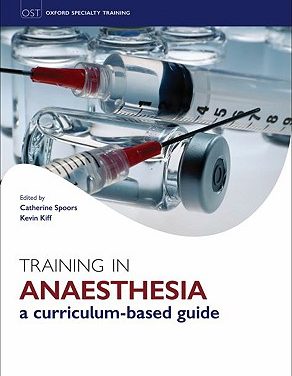Book Review: Information Storage and Management – Storing, Managing and Protecting Digital Information in Classic, Virtualized and Cloud Environments – 2nd Edition
Editors: Somasundaram Gnanasundaram and Alok Shrivastava Publisher: EMC Education Services, John Wiley & Sons – 489 pages Book Review by: Venkat Subramaniam This book on storing and managing digital (electronic or computer-based) information is quite extensive in scope. The three principal storage platforms it covers are: Traditional or classic storage devices such as internal (within a desktop computer for example) or external hard drives, located outside a computer. Virtualized information storage systems: not actual but versions of a hardware platform, operating system, a storage device or network resource. Cloud information storage environments. Cloud computing is a general term used...
Read More





